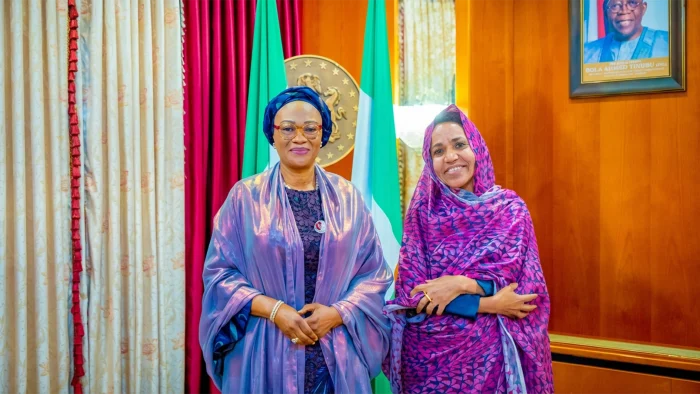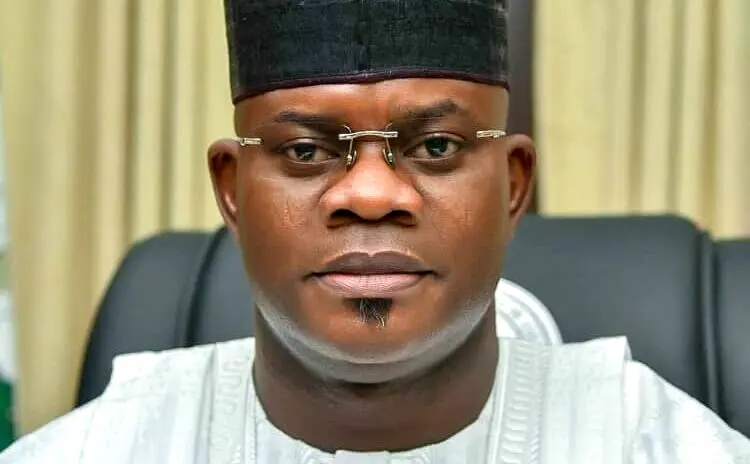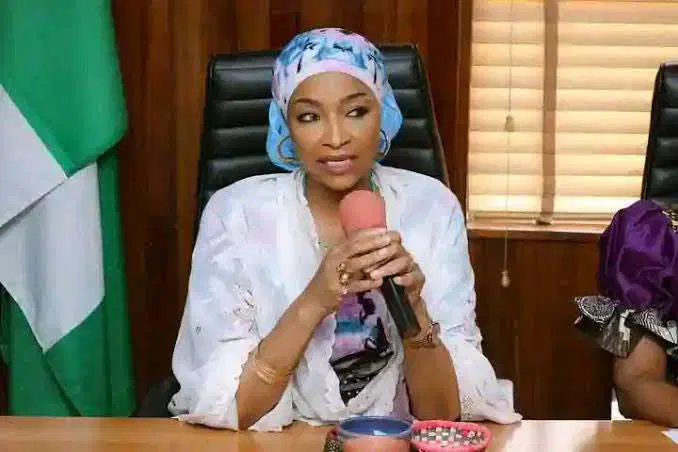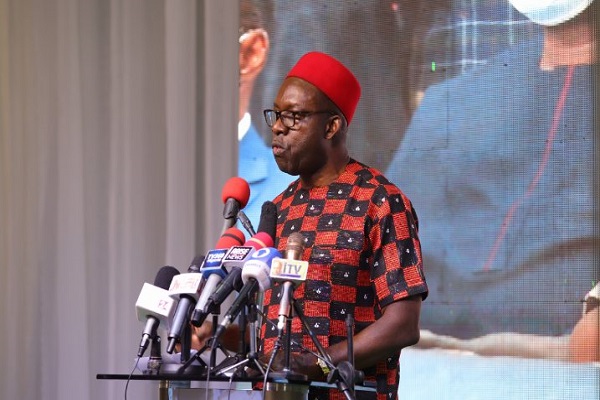Now Reading: Fulani Residents in Kogi Reject Measles, Polio Vaccines as State Targets 1.9 Million Children
-
01
Fulani Residents in Kogi Reject Measles, Polio Vaccines as State Targets 1.9 Million Children
Fulani Residents in Kogi Reject Measles, Polio Vaccines as State Targets 1.9 Million Children
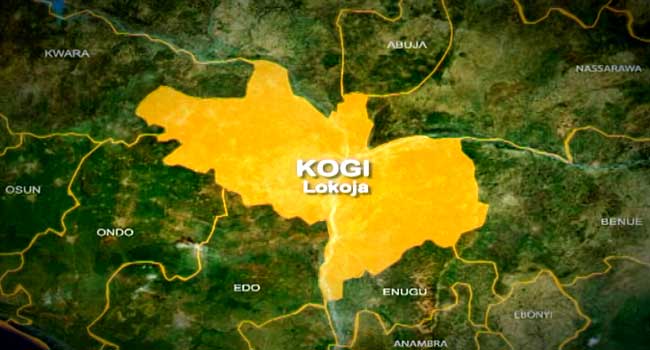
A section of Fulani residents in Kogi State has rejected the ongoing integrated immunisation campaign against measles, polio, and the Human Papillomavirus (HPV), posing a challenge to the state’s target of vaccinating 1.9 million children and adolescents.
The campaign, launched by Governor Usman Ododo, aims to protect children aged nine months to 14 years from deadly and vaccine-preventable diseases, including cervical cancer. However, health officials report that some Fulani communities, particularly in Kabba/Bunu Local Government Area, have refused to participate.
Local Government Immunisation Officer, Mr Atyodele Raphael, told reporters that despite awareness campaigns and interpreters engaging the communities in their native language, vaccine resistance persists.
“Despite using interpreters who speak their language, many Fulani women refuse vaccination unless their husbands approve — but most of the men are away. Even after being told to return later, most still refuse,” Raphael said.
He revealed that the resistance is slowing down progress toward Kabba/Bunu’s goal of immunising 66,000 children. Still, he expressed optimism that ongoing sensitisation would yield better compliance before the campaign ends.
Ododo: No Child Should Be Left Behind
Flagging off the vaccination drive at Kpata Primary Health Centre in Lokoja, Governor Ododo said the exercise demonstrates his administration’s renewed commitment to public health and the protection of future generations.
“These vaccines are free, safe, and effective, and no child should be left behind,” Ododo said.
He commended development partners such as UNICEF, healthcare workers, and community leaders for supporting Kogi’s effort to strengthen primary healthcare delivery.
Commissioner for Health, Dr Abdulazeez Adams Adeiza, also praised the governor’s leadership, describing the campaign as a major milestone in the fight against preventable diseases.
The Executive Director of the Kogi State Primary Health Care Development Agency, Dr Mu’azu Musa Omeiza, disclosed that the campaign targets 1.9 million children across the state, combining immunisation against measles, rubella, polio, and HPV to improve overall child and adolescent health outcomes.
Rising Vaccine Resistance in Northern Nigeria
Health experts warn that rising vaccine hesitancy among pastoralist communities could undermine national efforts to eradicate polio and other infectious diseases. UNICEF has previously expressed concern that misinformation and cultural barriers are slowing vaccination campaigns across parts of northern Nigeria.
